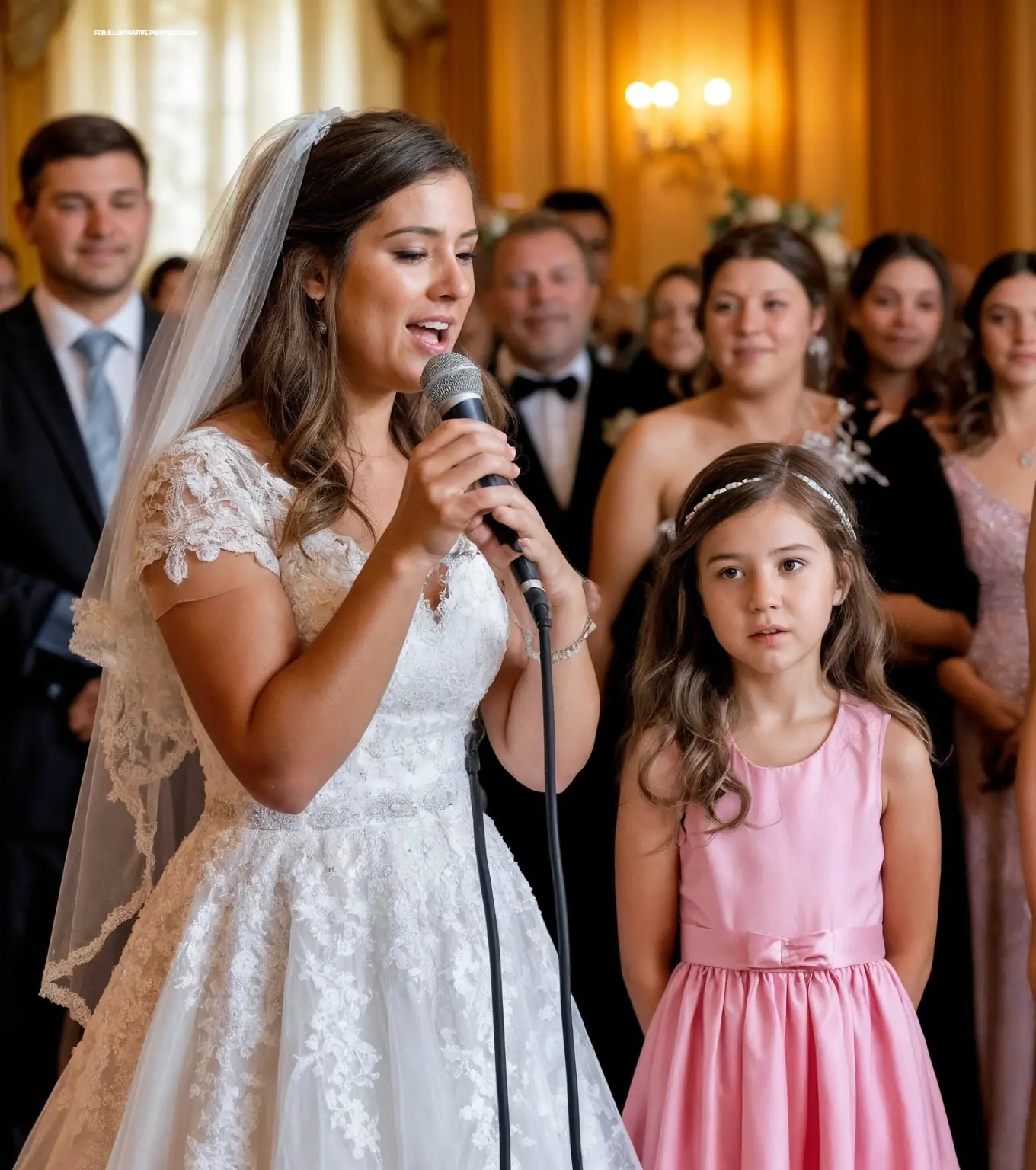
THIS MAN SAT ON THE FLOOR AND READ ALL DAY—WHEN I ASKED WHY, HIS ANSWER BROKE ME
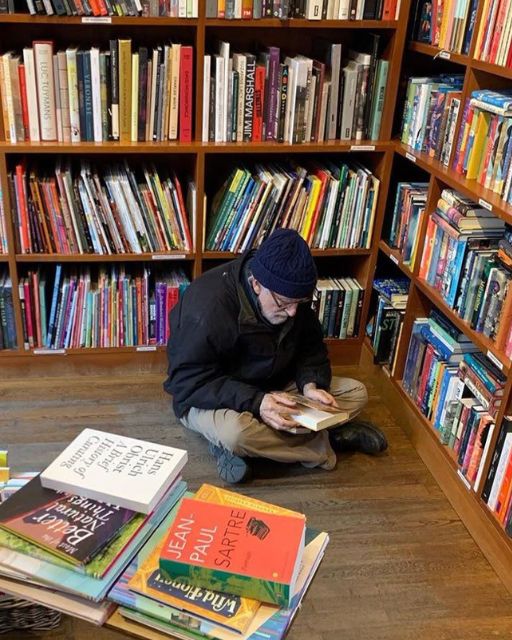
He walked in just as we unlocked the doors—quiet, almost ghostlike, wrapped in a charcoal-gray coat and a faded beanie pulled low. The early morning chill seemed to trail in behind him, like it clung to his steps.
He didn’t say a word. Just gave a polite nod and headed straight for the children’s section.
At first, I assumed he was browsing for his grandkids, maybe waiting for someone to join him. But he never bought a thing. He didn’t even stand to browse the shelves. Instead, he sat cross-legged on the hardwood floor, settled in as if he belonged to that little corner of the store.
He picked up one book after another, laying them gently across his lap. “Where the Wild Things Are.” “Harold and the Purple Crayon.” “Goodnight Moon.” All the beloved titles from childhood—each one handled with the kind of care you give to something sacred. It felt like he wasn’t just reading them; he was remembering them.
His name was Samuel.
Samuel never looked up, not even when I glanced over from the register. It was like the rest of the world had melted away, and only the stories remained. His fingers turned each page with a reverence I rarely saw in adults. Every so often, a faint smile tugged at his lips, the kind that hinted at something long ago—something lost, or maybe something cherished.
This became his routine. For a full week, like clockwork, he came in the moment we opened. Sat on the same spot on the floor. Read the same stack of children’s books. He never asked for help, never made conversation, never stayed past noon. He was a presence that didn’t disturb, but one you couldn’t ignore.
The bookstore where I worked was small and warm, the kind of place that smelled like aging pages and whispered nostalgia. Wooden shelves leaned with years of wear, and sunlight slanted through the dusty windows in golden ribbons. We had regulars—a few kids tugging on parents' sleeves, college students curled in chairs—but Samuel didn’t quite fit any pattern.
He seemed... apart. Like time had let go of him and he had drifted gently to this one quiet spot.
Curiosity eventually got the better of me. One morning, after he closed the final pages of “The Very Hungry Caterpillar,” I found myself walking toward him, almost against my will. Something in me needed to understand.
“Excuse me,” I said softly, careful not to startle him. “I couldn’t help noticing you’ve been reading a lot of children’s books. Is there something special about them for you?”
He looked up, and for the first time, I met his eyes. There was a depth there—like standing at the edge of an ocean and knowing it held storms you’d never survive. He didn’t seem surprised. Just calm. Present.
“I suppose I like the way they end,” he said after a pause, his voice gravelly and unused. “They always resolve. Always find a way to peace. The world doesn’t work like that—but stories do.”
His answer left me quiet. I wanted to ask more, but it felt intrusive. Still, the question I’d been holding for days slipped past my lips before I could stop it.
“Why do you read them here? Why not at home?”
There was a long silence. Then, slowly, Samuel’s expression softened. His gaze drifted, not to any place in the store—but inward.
“I used to read them to my daughter,” he said. “Every night. ‘Goodnight Moon’ was her favorite. She’d curl up beside me, her head right here,” he touched his shoulder lightly, “and we’d read it together. It was our ritual. But she’s gone now.”
The air thickened between us. Not heavy in a suffocating way, but solemn—like the quiet you find in a chapel. I felt the weight of his words settle in my chest.
“I’m so sorry,” I said quietly. “Was she…?”
“Leukemia,” he said, finishing the thought. “It came so fast. One day she was climbing trees, and the next, we were in the hospital. She was seven.”
His voice didn’t crack, but I could see his hands tremble ever so slightly, the book still resting in his lap. It wasn’t just grief. It was the absence of something once so alive, so vibrant, that the silence it left behind echoed endlessly.
“I couldn’t stay home after that,” he continued. “It was too quiet. Too empty. So I came here. I thought maybe... maybe if I read the stories again, I could feel her near me. Hear her laugh again.”
I stood there, unable to speak, and realized I didn’t need to. Sometimes, silence is its own kind of conversation.
Over the next few weeks, Samuel kept returning. And I started to notice more: he wasn’t just reading—he was remembering, reconstructing. He’d whisper certain lines like prayers. Run his fingers across the illustrations. He was preserving her, piece by piece, inside those stories.
Then one evening, just as I was locking up, I saw him standing by the register, a small notebook in his hand.
“I’ve been writing,” he said quietly. “About her. About all of it.”
And he did. He started sharing their story—his story—in a modest online journal for grieving parents. The response was immediate. Messages poured in: parents who had lost children, others who were in the middle of the same battle. His words gave them something to hold on to.
But the real shift came later.
A reader, moved by his story, offered to help fund a charity in his daughter’s name. They launched Luna’s Light—a foundation that provided support for families with children undergoing leukemia treatment. Travel stipends. Hospital meals. Books for the waiting rooms.
What began as Samuel’s way of holding on to his daughter became a way of keeping her light alive for others.
And somewhere in the middle of all that—he healed. Not completely. Not in a way that erased the loss. But in a way that let him breathe again. That let him carry her memory forward without it crushing him.
Sometimes the stories we carry are too heavy to hold alone. But when we share them, when we offer even a sliver of them to others, we give them—and ourselves—a little more space to breathe.
So if this story finds you today, let it be a reminder: the memories you carry matter. Your grief is real. And your story, no matter how painful, might just be the light someone else needs to keep going.
News in the same category


I FOUND A LONE PUPPY IN THE TRASH—AND THEN THE CAMERA CAUGHT WHAT I COULDN’T EXPLAIN
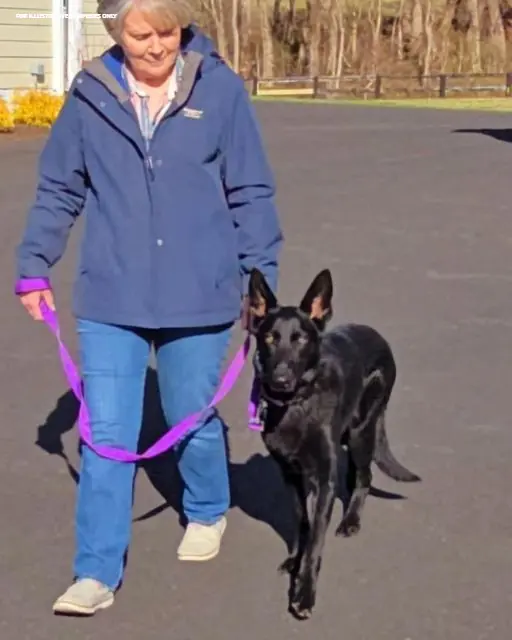
WE TOOK OUR DOG FOR ONE LAST WALK—BUT THEN HE DID SOMETHING WE’LL NEVER FORGET IN A LIFETIME
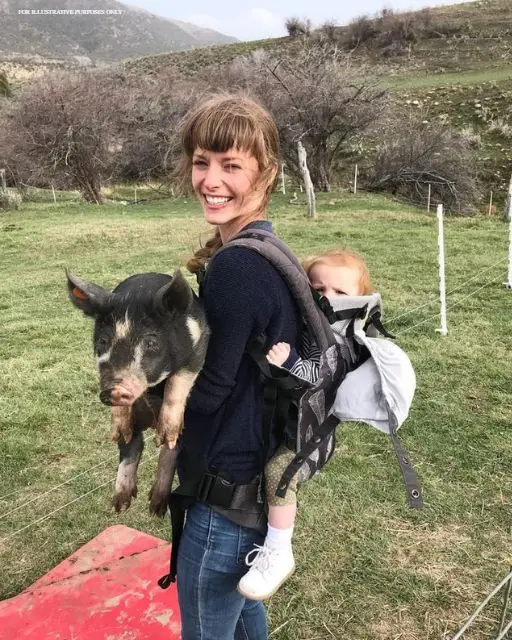
I CHOSE FARM LIFE AS A SINGLE MOM—AND TODAY, SOMETHING HAPPENED THAT MADE ME STOP IN MY TRACKS

Entitled Dog Owner Made the Airport Hell for Everyone – She Deserved What I Did at the Gate
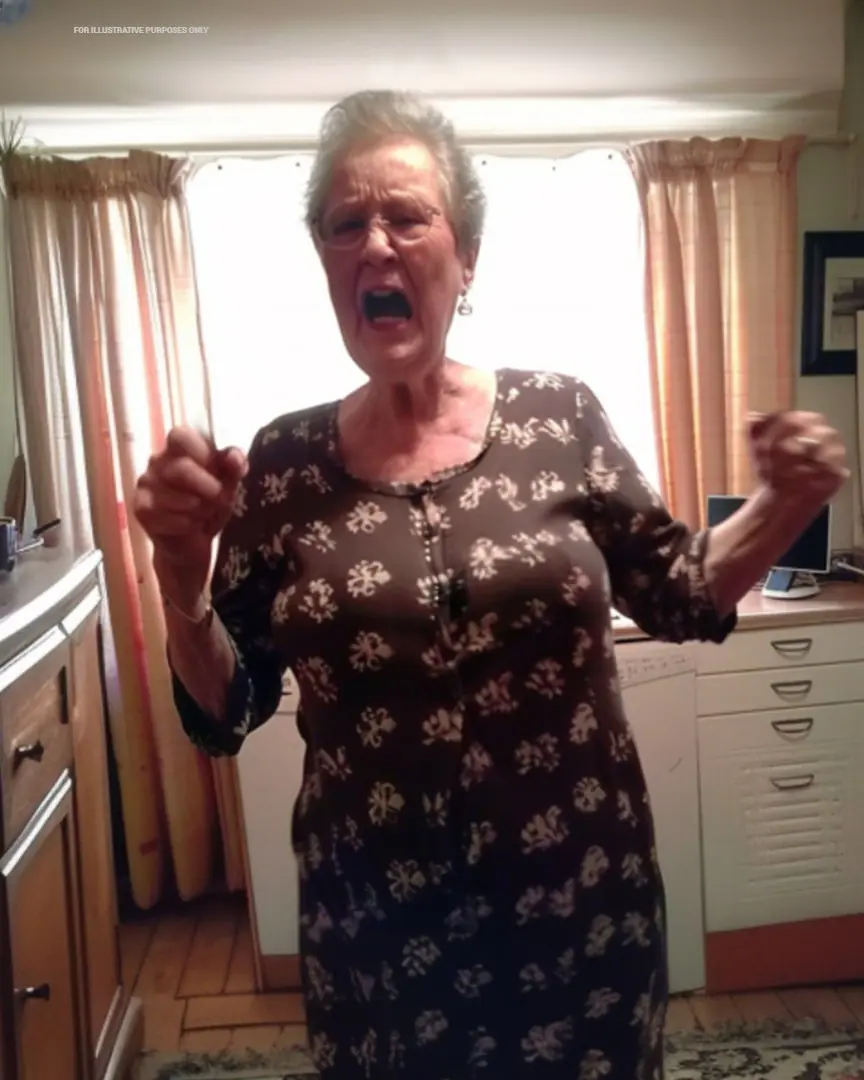
My MIL Rearranged Everything in My Apartment While I Was on My Honeymoon – A Week Later, She Was Livid When I Gave Her Payback

My Husband Filled Our Fridge with Food from Food Banks Again – I Couldn't Bear It Anymore and Decided to Teach Him a Lesson
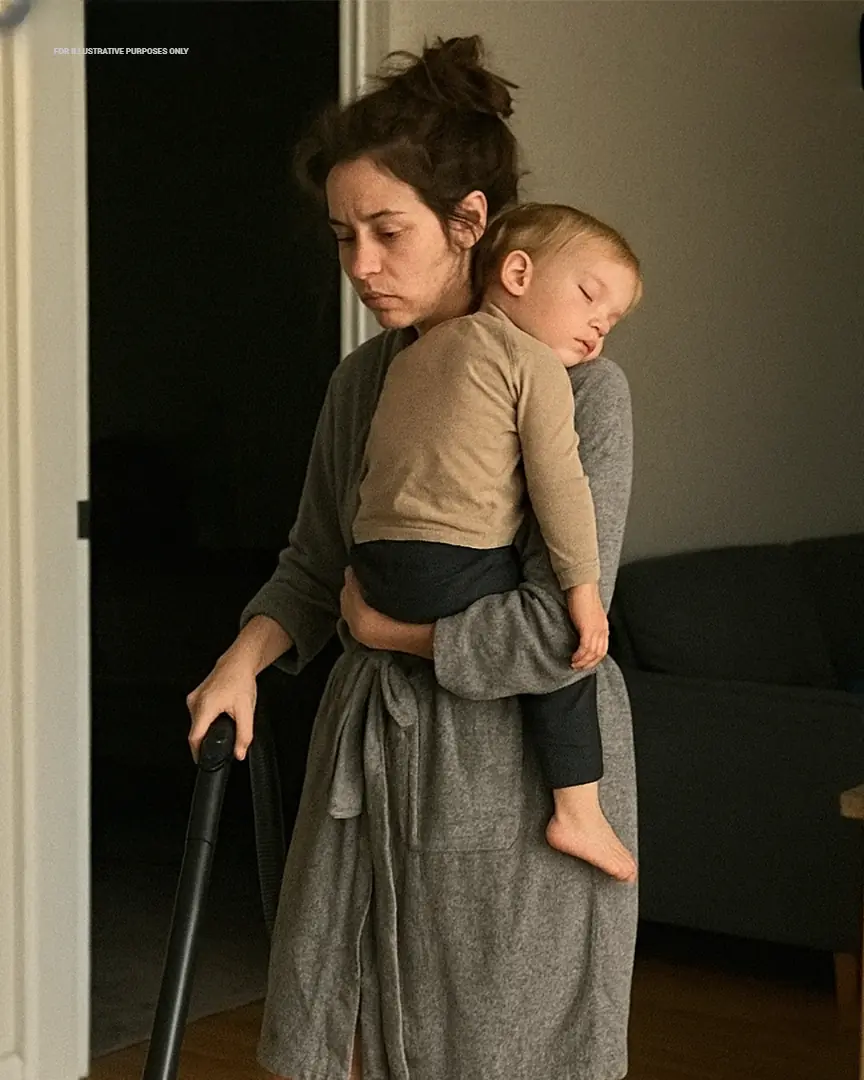
Woman Spends 10 Years at Home Raising 4 Kids, Husband Complains He’s the Only Breadwinner – Story of the Day
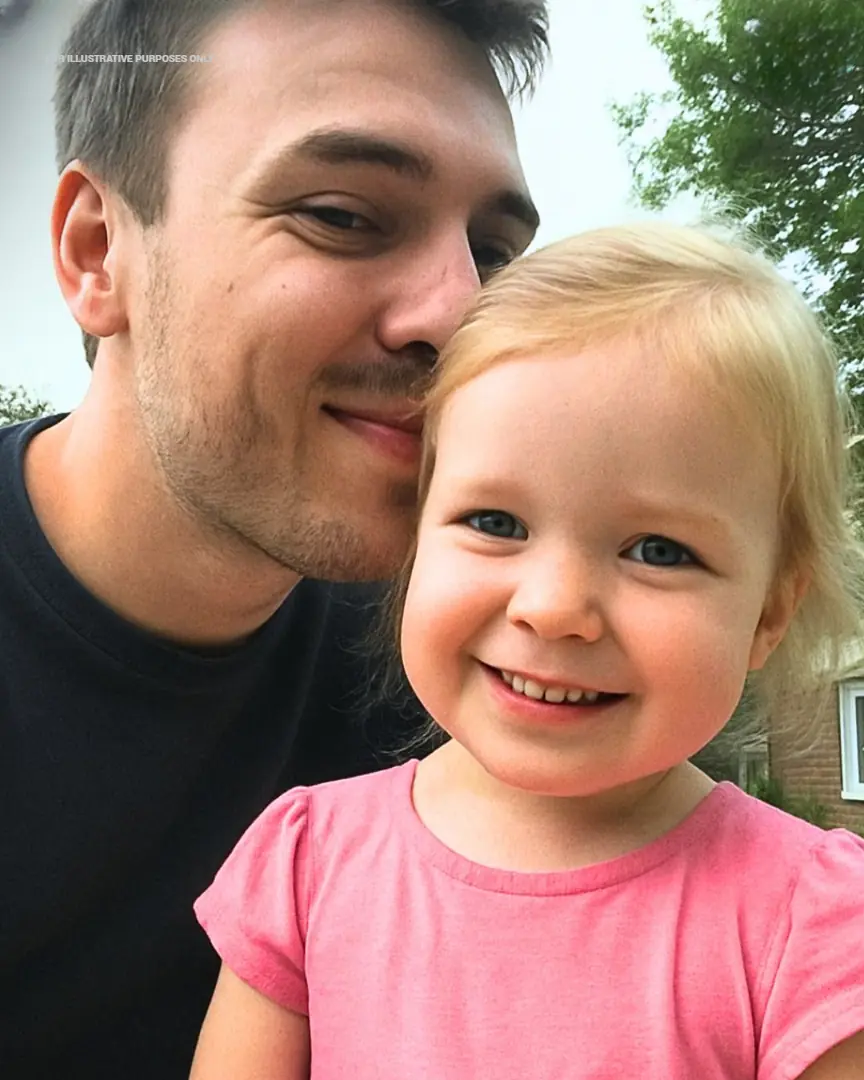
My Wife Told Me Tо Abandon My Daughter and Move out for a Few Weeks — When I Found out Why, It Made Me Speechless
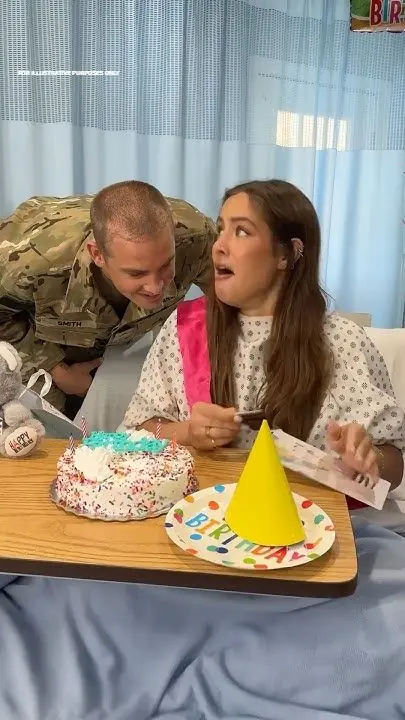
I CAME HOME FROM DEPLOYMENT TO SURPRISE MY WIFE—BUT SHE HAD A BIGGER SURPRISE WAITING FOR ME
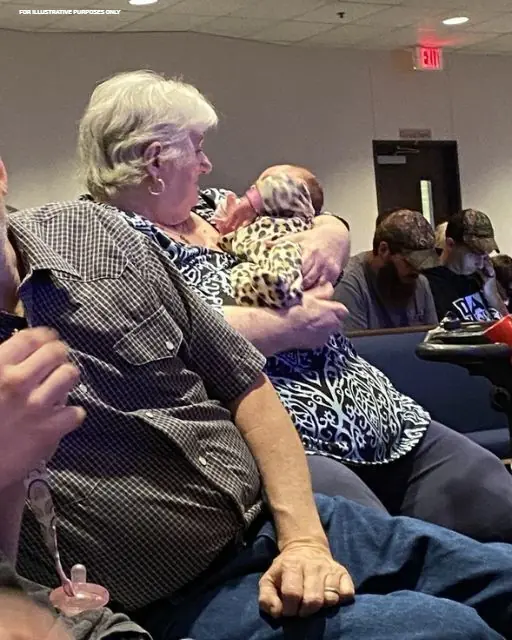
A STRANGER TOOK MY BABY IN HER ARMS—AND I ALMOST CRIED FROM RELIEF
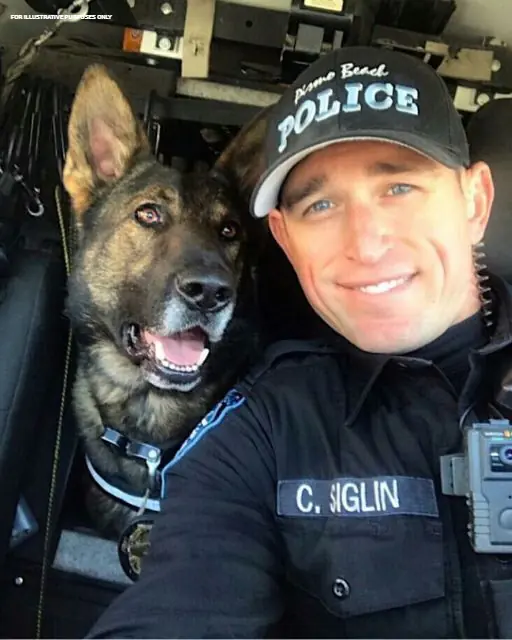
MY K9 PARTNER SAVED MY LIFE LAST YEAR—BUT THIS MORNING HE REFUSED TO GET IN THE CAR
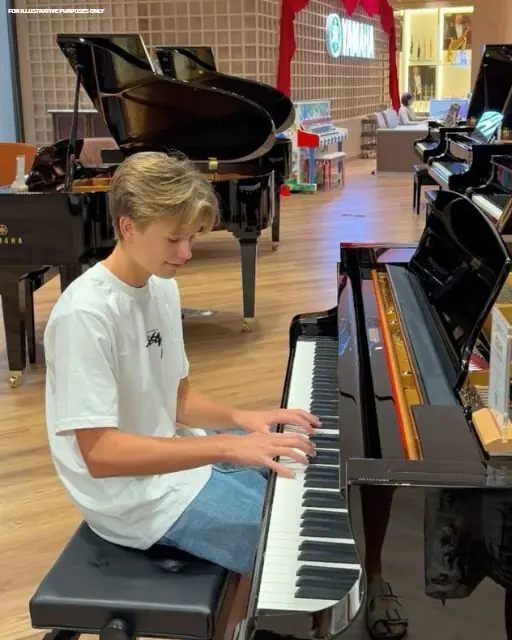
I PLAYED A RANDOM SONG ON A STORE PIANO—AND SOMEONE IN THE BACK STARTED CRYING
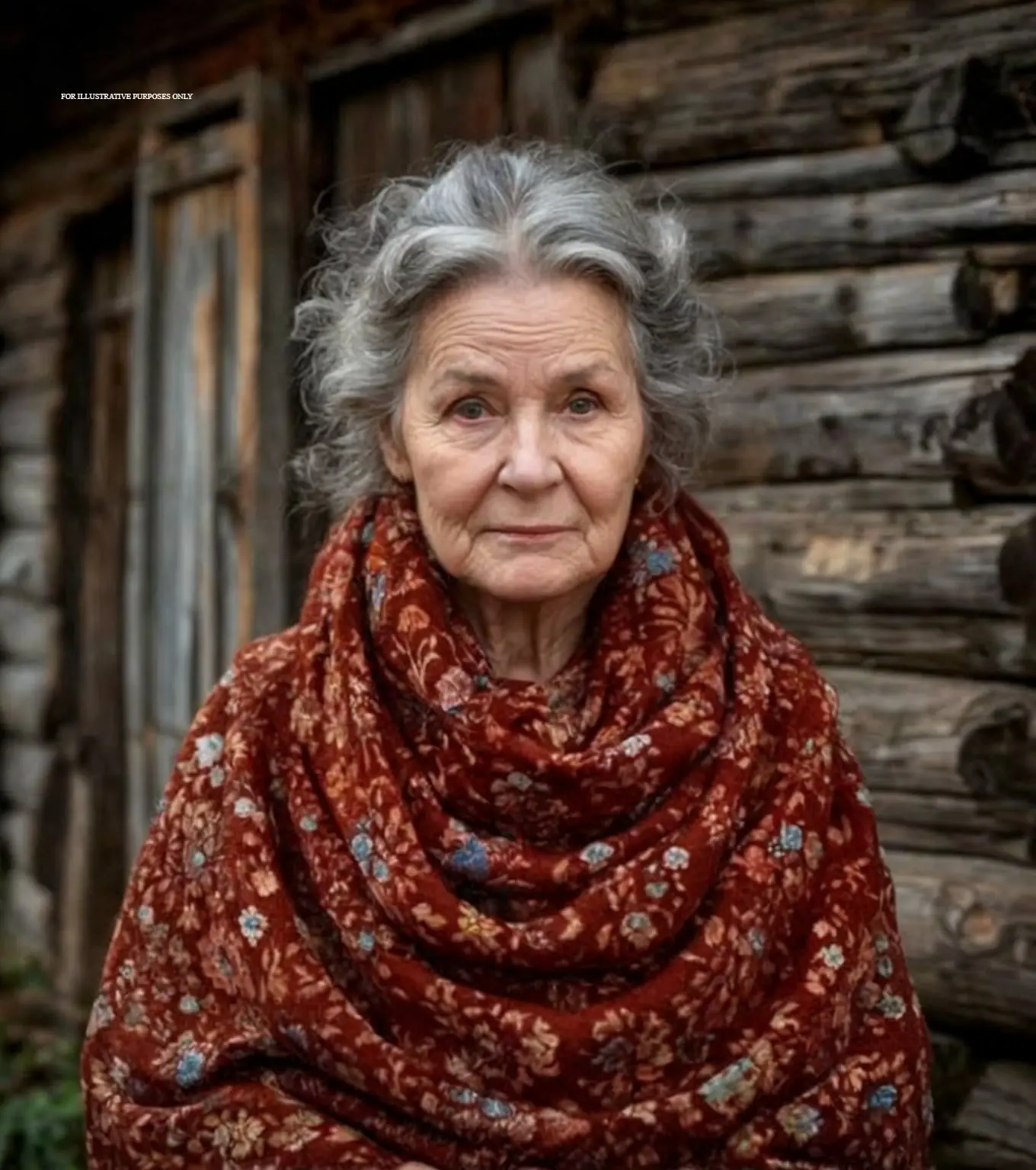
The family took in an old aunt from the village; they didn’t even consider what it would lead to
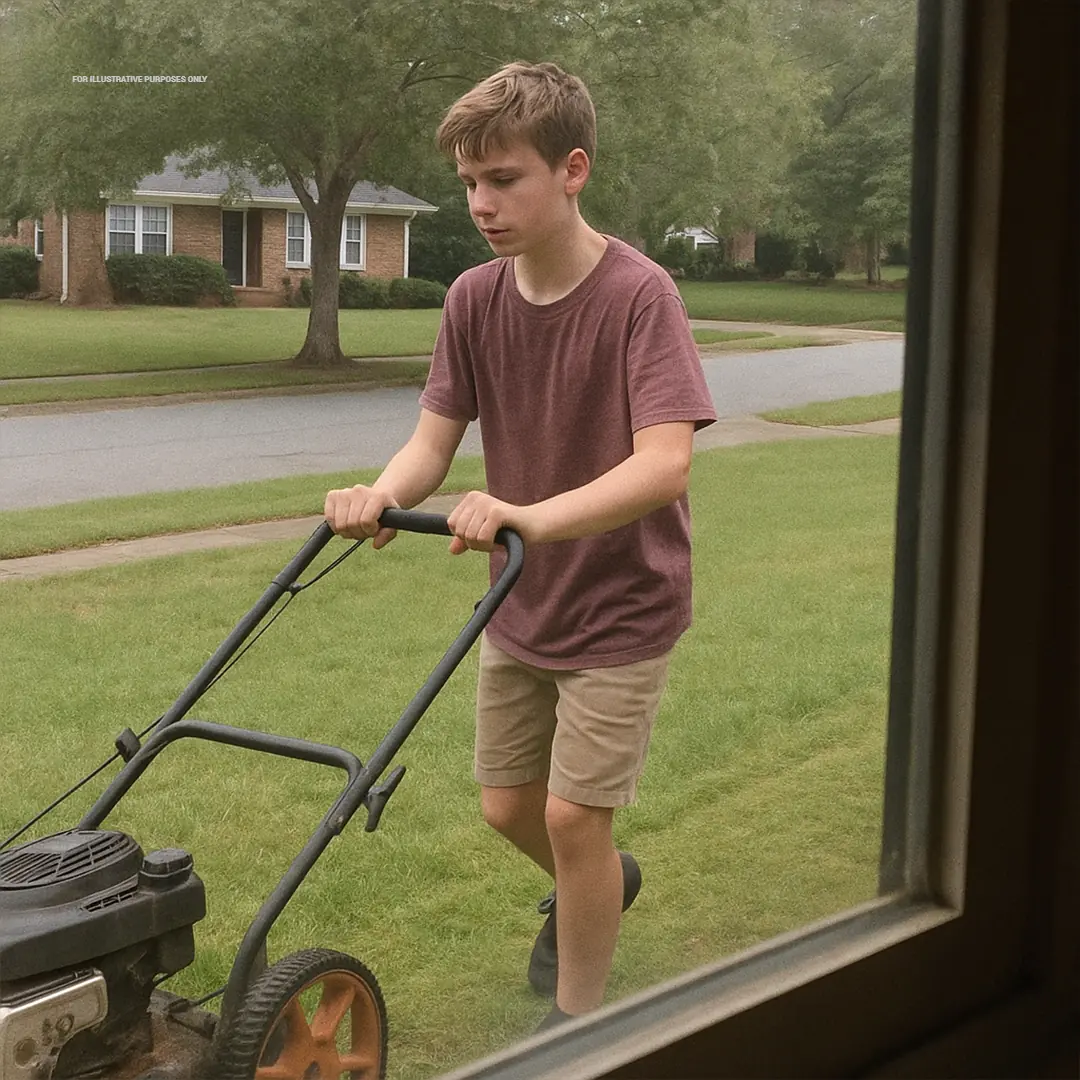
My Neighbor Sent Her Kid to Mow My Lawn Without Asking & Then Demanded I Pay $50 – I Gave Her a Reality Check
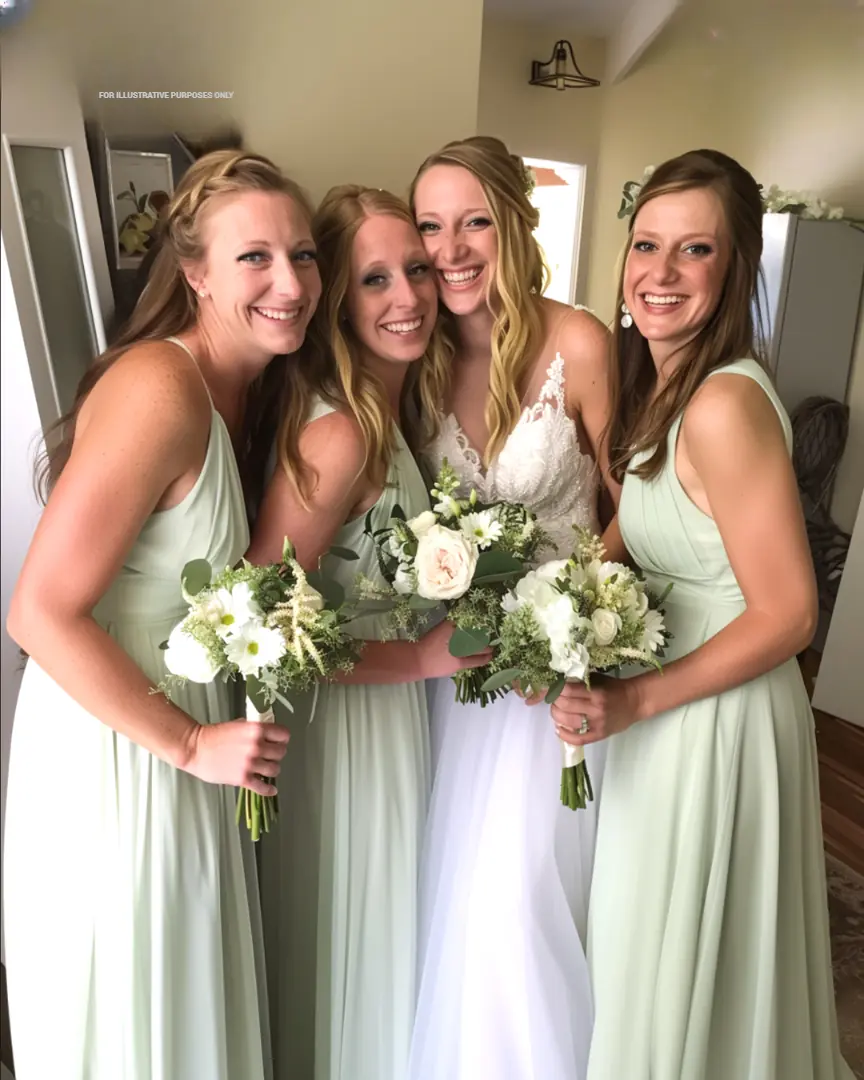
My SIL Hated Every Photo of Herself at Our Wedding & Demanded We Delete Them – But I Had a Better Idea
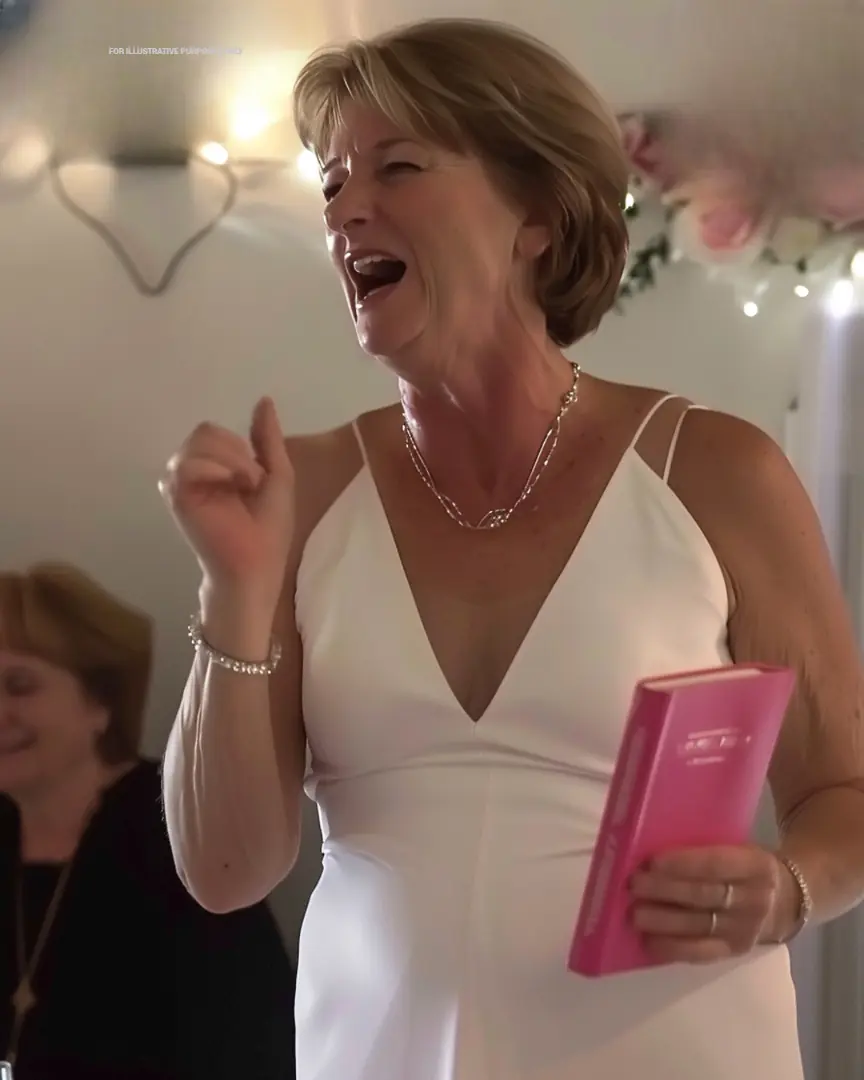
My Stepmother Read My Childhood Diary Aloud at My Wedding to Humiliate Me
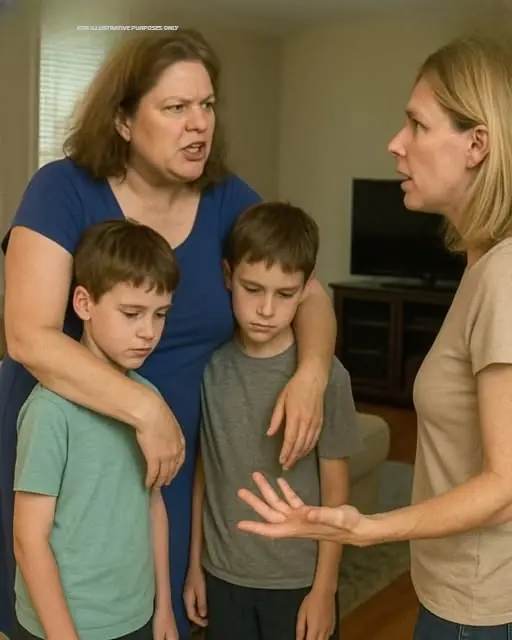
My Husband's Ex Excluded Me from My Stepkids' Birthday, Saying I Don't Have Kids—So I Let Her Know About One Small Detail
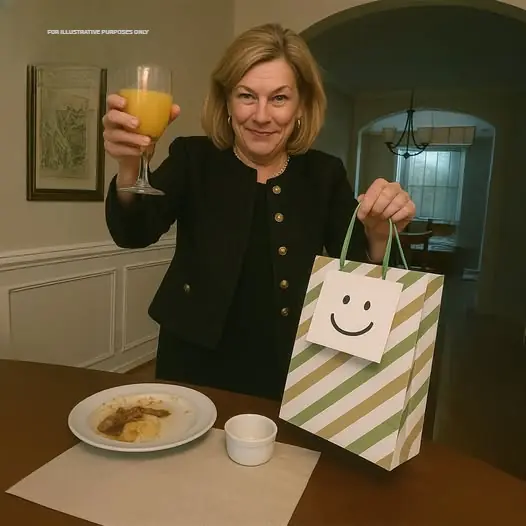
My MIL Publicly Gifted My Husband a DNA Test on My Daughter's First Birthday
News Post
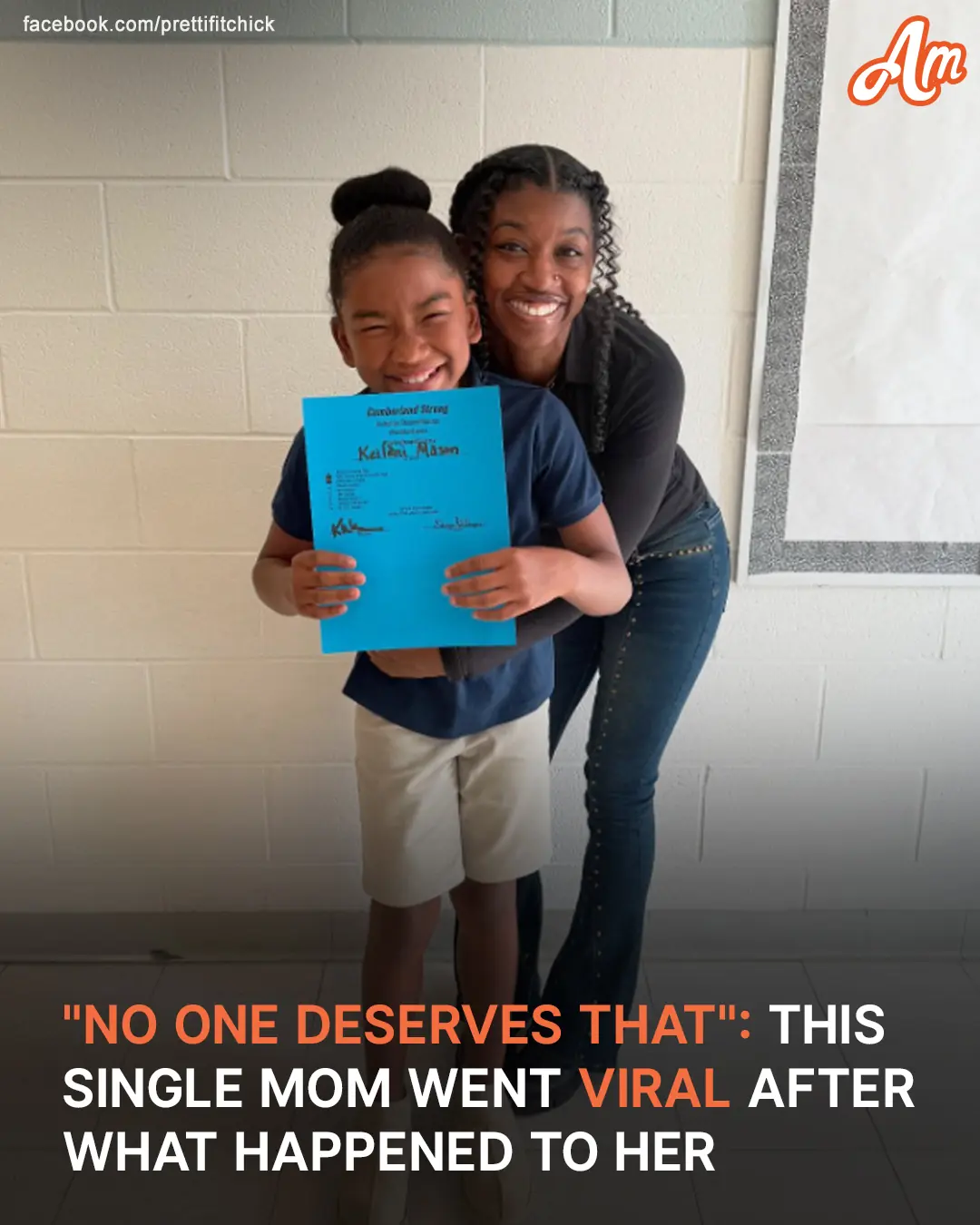
One Day, This Teacher Couldn't Work Due to Pain — Now She's a Single Mom Fighting to Stay Alive for Her Daughter

The Meaning Behind Pope Leo XIV's Name Explained - Details

6 Types of Pain That Signal Cancer Cells May Have Reached the Final Stage

People at Risk of Cancer Often Show 3 Warning Signs in the Neck – Early Checkups Can Save Lives

President Donald Trump Reacts to the Appointment of the New Pope Leo XIV – Details

Young Woman Suffers from Back Pain and Sleepless Nights, X-Ray Reveals 'Honeycomb Bones' – All Caused by a Popular Beverage

Pope Leo XIV's Real Attitude Toward Donald Trump Uncovered — His Take on the American President
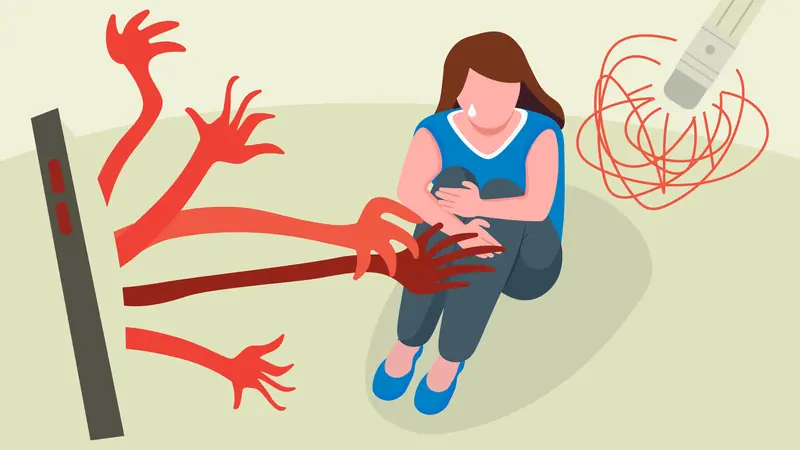
Study Finds: The Body Remembers Trauma Even When the Mind Has Moved On

Increasing Protein Intake May Help Slow Alzheimer’s Progression, New Study Suggests

The Bride Fainted at Her Wedding Because of the Words of an Unknown Girl

Eliminating One Food From Your Diet May Significantly Lower Your Colon Cancer Risk, Scientists Say

I FOUND A LONE PUPPY IN THE TRASH—AND THEN THE CAMERA CAUGHT WHAT I COULDN’T EXPLAIN

WE TOOK OUR DOG FOR ONE LAST WALK—BUT THEN HE DID SOMETHING WE’LL NEVER FORGET IN A LIFETIME

I CHOSE FARM LIFE AS A SINGLE MOM—AND TODAY, SOMETHING HAPPENED THAT MADE ME STOP IN MY TRACKS

Princess Catherine Turns Heads in Waist-Cinching Polka Dot Dress

Two Cardinals Who Nearly Became Pope Instead of Leo XIV – One Has a Surprising Hobby

Entitled Dog Owner Made the Airport Hell for Everyone – She Deserved What I Did at the Gate

Unleash the Power of Ginger and Aloe Vera: A Natural Antibacterial powerhouse
